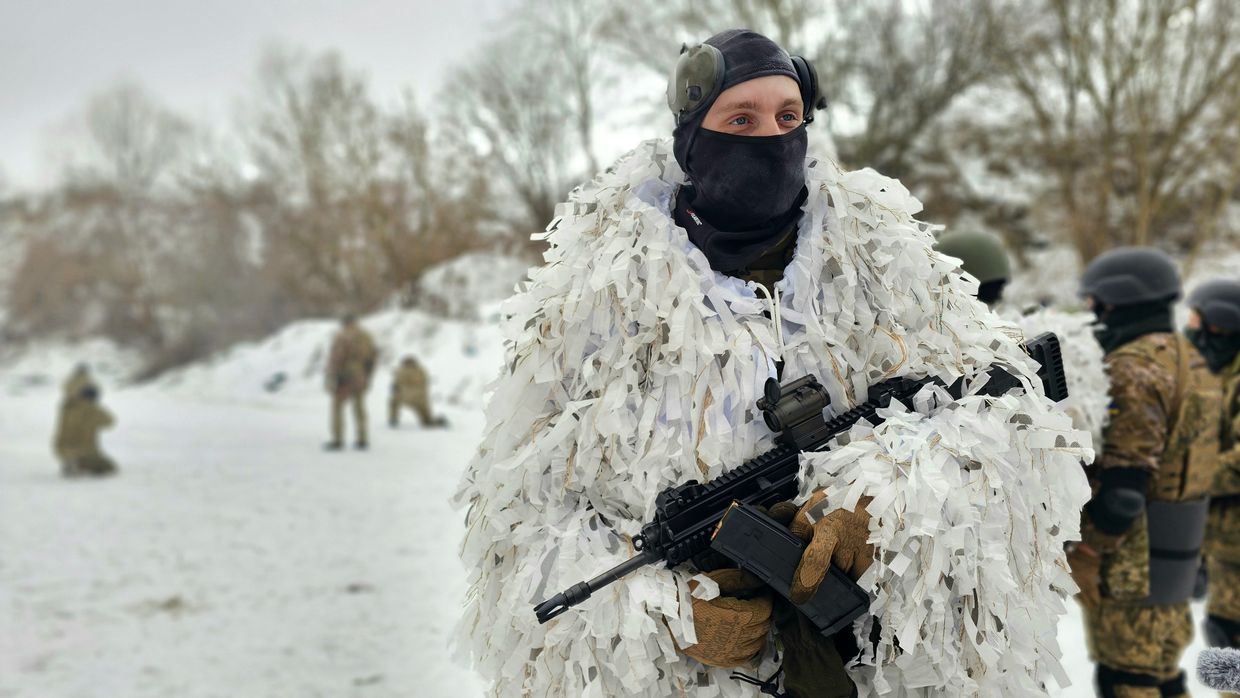ISW: Cross-border raids in Russia force Kremlin to pay in resources or reputation

In response to limited raids from Ukrainian territory into Russian border regions, the Kremlin may have to choose between paying a cost in resources or in reputation, the Institute for the Study of War (ISW) assessed in their daily report on March 14.
In recent days, multiple pro-Ukrainian military units comprised of Russian citizens have crossed into Belgorod and Kursk oblasts. The Freedom of Russia Legion and Siberian Battalion conducted combat operations, taking control of Tyotkino, in Russia's Kursk Oblast, and Lozovaya Rudka, in Belgorod Oblast.
Oleksii Baranovskyi, a fighter with the Freedom of Russia Legion, said on March 13 that fighting is still ongoing in five settlements near the Ukrainian border.
The ISW notes that these raids have played a role in heightened criticisms from Russian nationalists against the Kremlin, for failures to adequately protect Russian citizens living in border towns. As a result, the Kremlin may either respond to the criticism and allocate extra barricades and border security forces, or choose to keep the majority of military equipment and personnel in Ukraine to conserve resources.
Though the Kremlin's reputation is a factor, the ISW predicts the reputation damage will be much lower in 2024 than in 2023 due to increased censorship in Russia. Since the start of the full-scale invasion in 2022, many new laws have been introduced regarding war criticism of any manner, with arrests possible for up to 15 years for spreading "fake news" about the military or government.
Following Wagner Group leader Yevgeny Prigozhin's rebellion against Putin in June 2023, "the Kremlin has cracked down on the Russian information space's complaints against the (Russian Defense Ministry), actively censoring certain fringe and extreme milbloggers through arrests or other measures."












